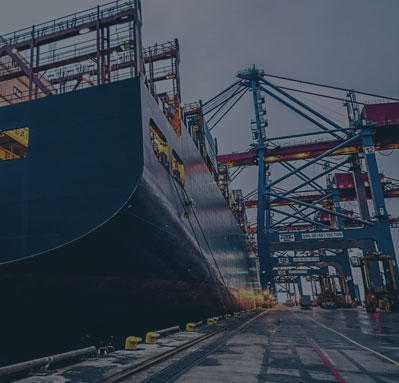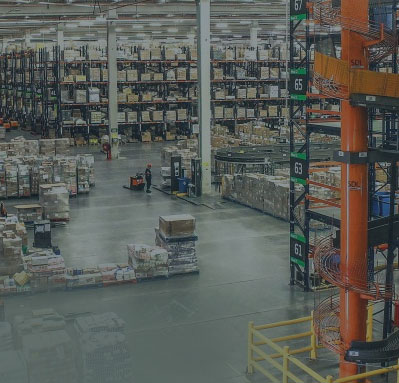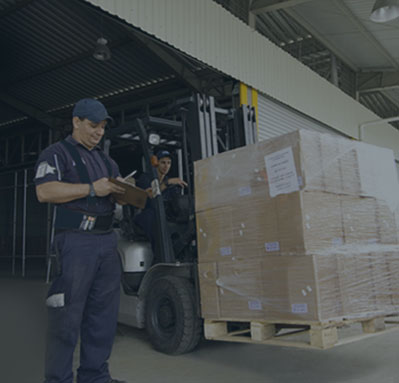Preparing your shipment for freight forwarding is a crucial and foundational step in the global logistics process. Whether you’re a seasoned exporter with extensive international trade experience or just beginning your journey into global markets, meticulous preparation is paramount. It serves as the foundation for minimizing delays, controlling costs, and ensuring full compliance with intricate customs regulations. In this comprehensive guide, we’ll walk you through the essential steps to prepare your shipment for freight forwarding.
Gather Essential Documentation
Before you even think about packaging and shipping, gather all the necessary documentation. Proper documentation is vital to ensure your shipment clears customs smoothly and reaches its destination without complications. Here’s what you need to prepare:
- Commercial Invoice: This document provides detailed information about the goods being shipped, including their value, description, and quantity. It is essential for customs clearance and calculating import duties and taxes.
- Bill of Lading (B/L): The B/L is a critical document that serves as a receipt for the cargo and a contract of carriage. There are different types of B/L, including negotiable and non-negotiable, depending on your specific needs.
- Packing List: A packing list provides a detailed breakdown of the contents of each package, including dimensions and weight. It helps customs authorities and carriers verify the shipment’s contents.
- Certificate of Origin: Some countries require a certificate of origin to determine where the goods were produced. This document may be essential for obtaining preferential trade treatment or complying with trade agreements.
- Export License or Permit: Depending on the nature of your goods and the destination country, you may need an export license or permit. Check with your local authorities to ensure compliance.
- Other Documents: Depending on the type of goods and destination, additional documents may be required, such as inspection certificates, health certificates, or special permits. Be sure to check the specific requirements for your shipment.
Properly Package Your Goods
Once you have all the necessary documentation in order, it’s time to focus on packaging your goods. Proper packaging is essential to protect your cargo during transit and to comply with international shipping regulations. Here are some packaging guidelines to follow:
- Use Sturdy Containers: Choose containers that are suitable for the type of goods you are shipping. For fragile items, consider using crates or special packaging to prevent damage.
- Securely Seal Packages: Ensure that all packages are securely sealed with strong packaging tape to prevent tampering or accidental openings.
- Label Packages Clearly: Label each package with essential information, including the consignee’s name and address, shipment origin, destination, and a description of the contents.
- Protect Against Moisture: If your goods are sensitive to moisture, consider using moisture-resistant packaging or desiccants to absorb humidity during transit.
- Follow Hazardous Materials Regulations: If you are shipping hazardous materials, make sure you comply with international regulations for the safe transport of dangerous goods.
- Consider Temperature-Sensitive Cargo: For temperature-sensitive cargo, such as perishable goods or pharmaceuticals, use insulated containers or refrigerated containers (reefers) to maintain the required temperature range.
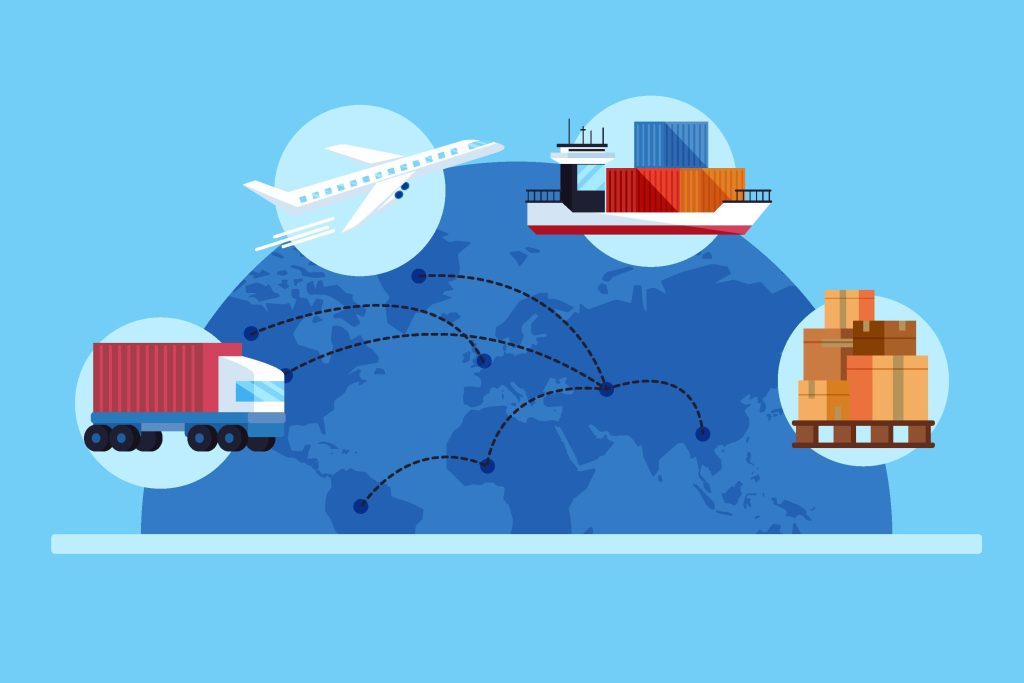
Calculate Shipping Costs
Comprehensive comprehension of the costs linked to shipping your cargo is indispensable not only for budgeting but also for pricing your products competitively in the market. To provide you with a holistic view, we’ve outlined the key factors you should consider when calculating shipping costs:
- Freight Rates: Freight rates can vary significantly based on the mode of transportation (sea, air, or land), the distance traveled, and the size and weight of your shipment. Obtain quotes from multiple freight forwarders to compare rates.
- Additional Fees: Be aware of additional fees that may apply, such as fuel surcharges, handling fees, customs clearance charges, and port charges. These fees can add up quickly, so it’s essential to factor them into your budget.
- Insurance Costs: Consider the cost of cargo insurance to protect your shipment against loss or damage during transit. Insurance rates are typically based on the value of your goods and the chosen coverage level.
- Customs Duties and Taxes: Research the customs duties and taxes that may apply in the destination country. Understanding these costs in advance will help you price your products appropriately and avoid surprises.
- Incoterms: Choose the appropriate Incoterms (International Commercial Terms) for your transaction. Incoterms define the responsibilities and liabilities of buyers and sellers in international trade and can impact shipping costs.
Choose the Right Freight Forwarder
Selecting the right freight forwarder is a pivotal decision in the shipping process, as it can significantly impact the efficiency and reliability of your shipment. To make an informed choice, it’s essential to conduct thorough research and seek recommendations from colleagues, business associates, or industry groups. Checking online reviews and ratings can also provide valuable insights into a forwarder’s reputation.
When evaluating potential freight forwarders, consider their experience and expertise. Opt for a forwarder with a proven track record in handling shipments similar to yours, as they are more likely to navigate challenges effectively and ensure a smooth shipping process. For example, bulk shipments for house painting or large-scale renovations require careful handling and secure transport. Whether you’re importing high-quality materials or coordinating local deliveries, a trusted freight partner ensures efficient delivery, reduced transit risks, and compliance with shipping regulations. Additionally, assess their network and partnerships, as a forwarder with a strong global network and established relationships with carriers, customs brokers, and other service providers can offer more comprehensive and cost-effective solutions for your shipping needs.
Ensuring compliance with industry regulations and relevant certifications is another crucial aspect of selecting a freight forwarder. This demonstrates their commitment to maintaining quality standards and professionalism in their operations. Lastly, prioritize effective communication and excellent customer service. A responsive forwarder who can address your questions and concerns promptly will contribute to a successful and stress-free partnership. Learn more about how to choose the best freight forwarder for your business needs in our guide.
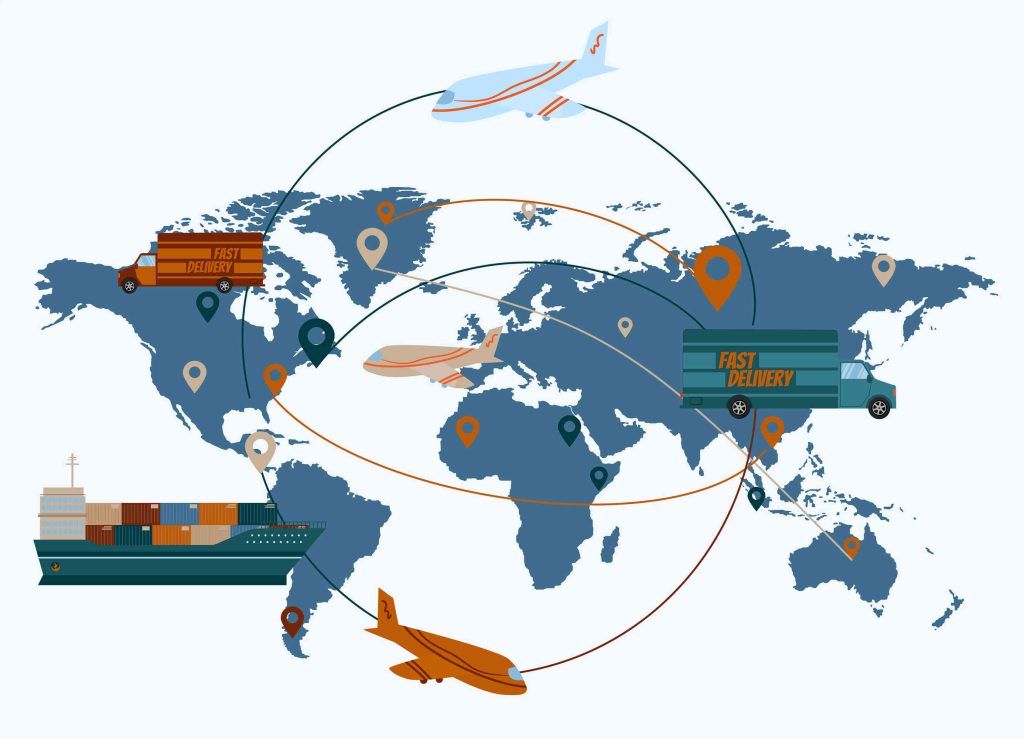
Prepare for Customs Clearance
Customs clearance is a critical step in the international shipping process. It involves the formalities and procedures required to release your goods from customs control and allow them into the destination country. Here’s how to prepare for customs clearance:
- Provide Accurate Documentation: Ensure that all your documentation, including the commercial invoice, B/L, and certificate of origin, is accurate and complete. Any discrepancies can lead to delays.
- Declare the Value Correctly: Accurately declare the value of your goods on the commercial invoice. Under-declaration or over-declaring the value can result in customs problems.
- Compliance with Regulations: Make sure your shipment complies with all customs regulations in the destination country. Different countries have various rules regarding product standards, labeling, and documentation.
- Customs Brokerage: Consider hiring a customs broker who specializes in the destination country’s customs procedures. A customs broker can help navigate complex regulations and expedite clearance.
- Tariffs and Duties: Be prepared to pay any applicable tariffs, duties, or taxes to customs authorities. Understanding the costs involved is crucial for budgeting.
Freight Forwarding You Can Trust with Cargoline
Efficiently preparing your shipment for freight forwarding involves a complex blend of tasks encompassing documentation, packaging, cost analysis, partner selection, and customs compliance. Adhering to these essential steps and collaborating with seasoned professionals will guarantee that your cargo arrives at its destination without a hitch – punctually and within budget.
If you’re seeking a dependable partner for freight forwarding and international logistics, Cargoline is here to meet your needs. Our committed team of experts specializes in optimizing every facet of your shipment, ensuring a seamless and cost-effective journey to your desired destination. Experience the advantage of a personalized approach to freight forwarding by contacting us today. We’re here to make your logistics operations smooth and efficient.
Contact us today to optimize your international logistics and ensure the smooth flow of your goods worldwide. Schedule your consultation today.


